This Nobel Prize Diet Will Help You Slow Down Aging
If you’re looking for a full-proof simple diet backed by science, you’re gonna love this one. The best thing about this revolutionary amazing diet is that there are no restrictions and you can eat what you want and lose weight! All you have to do is change when you eat, not what you eat. When you eat whenever you want, including those late-night fridge raids we’re all guilty of, you mess up your circadian rhythm. You see, this is your body’s natural cycle, and it wasn’t designed for 24/7 food consumption. Dr. Panda’s team analyzed the eating habits of 156 adults. A mere 10% of them were eating within a 12-hour window, while over half enjoyed yummy stuff for at least 15 hours a day. The researchers offered 8 slightly overweight people to go from a 14-hour eating cycle down to a 10-hour window. As a result, they lost weight and felt way more energized after 4 months of enjoying their favorite meals but on a limited time gap. A smaller eating window helps you lose weight because the body burns more fat at night. Plus, both hunger and energy expenditure decrease. This was proven by a study in 2013 by the Department of Exercise Sciences at Brigham Young University. If you eat in the evening, it throws your biological clock out of whack: you become tired in the morning, since your cortisol levels are low. Your body doesn’t wake up till later in the day. In the evening, your cortisol level is high, so you get more energized and hungry even though your body needs to sleep. As a result, you have a higher risk of developing diabetes, obesity and depression. Music: https://www.youtube.com/audiolibrary/music?feature=blog Rondo Brothers- Valerie Plain Doug Maxwell - Psychedelicacy Doug Maxwell- Feeling Good Norma Rockwell - Shawl Paul TIMESTAMPS What is a “diet window”? 1:06 What happens if you reduce your eating window? 2:58 Why is the time you eat so important? 4:40 How to build your new eating schedule 6:37 How to fight the hunger 7:30 SUMMARY -A diet window is basically the time between your first and last meal of the day. When the diet window is narrower, the chances of developing diabetes, anemia, cancer, and obesity are lower. -In a 2017 study, participants with a decreased time frame for eating showed obvious weight-loss and better health. -The researchers found that different phases of the day are the best times for certain natural activities. But when we break the cycle and go against our biological clock, we increase the risk of developing obesity and diabetes. -To be more in-tune with your body’s natural cycle, you need to wake up at 6 or 7 a.m. or when it’s light outside, have breakfast 30-60 minutes after waking up. Shorten your diet window to 6-8 hours without changing how many calories you take in. -You can pull through the first rocky phase by eating fruits and vegetables. A week later, the body will get used to it, your appetite will be smaller, and you’ll start seeing all the amazing health benefits. Subscribe to Bright Side : https://goo.gl/rQTJZz ---------------------------------------------------------------------------------------- Our Social Media: Facebook: https://www.facebook.com/brightside/ Instagram: https://www.instagram.com/brightgram/ 5-Minute Crafts Youtube: https://www.goo.gl/8JVmuC ---------------------------------------------------------------------------------------- For more videos and articles visit: http://www.brightside.me/

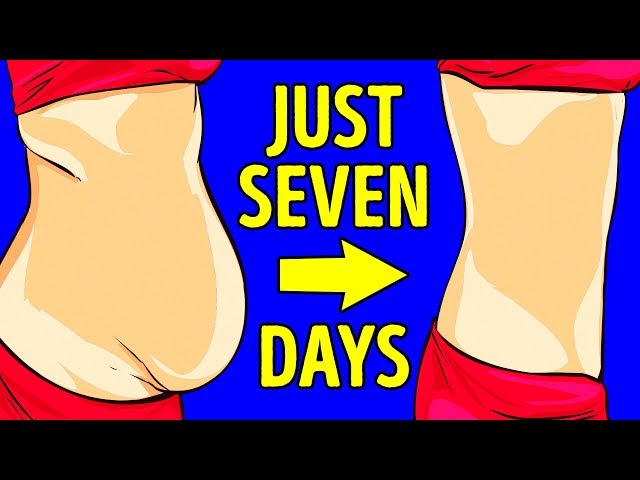
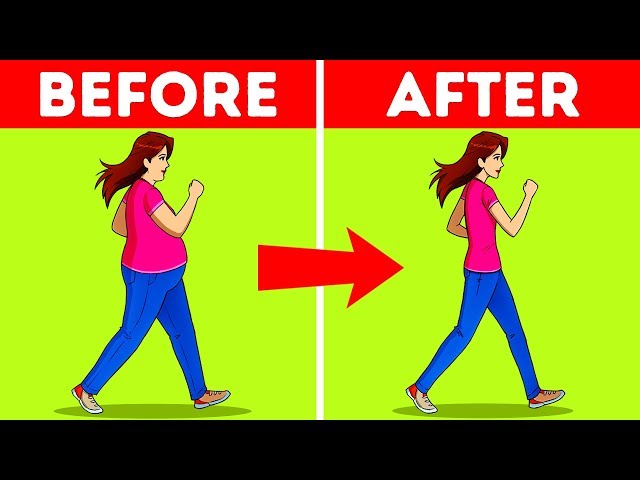
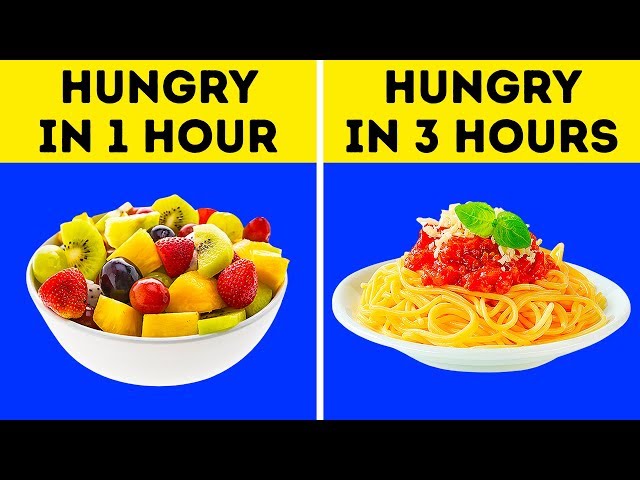
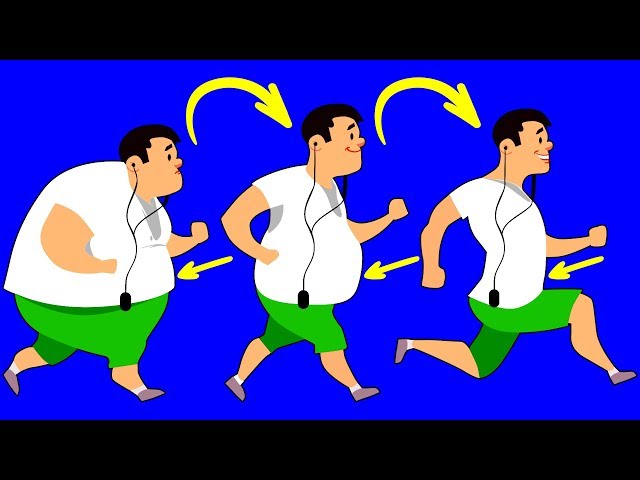
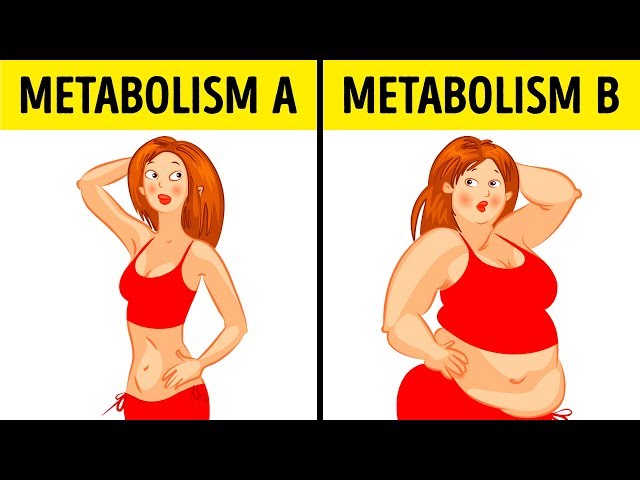



![CAT VIDEOS ★ FUNNY Cat Videos (HD) [Funny Pets]](https://i.ytimg.com/vi/Yt73dFJV_RM/hqdefault.jpg)

![Matoma & Enrique Iglesias – I Don't Dance (Without You) [feat. Konshens] [Official Lyric Video]](http://totallyfunplace.com/uploads/images/_D1rrdFcj1U.jpg)






